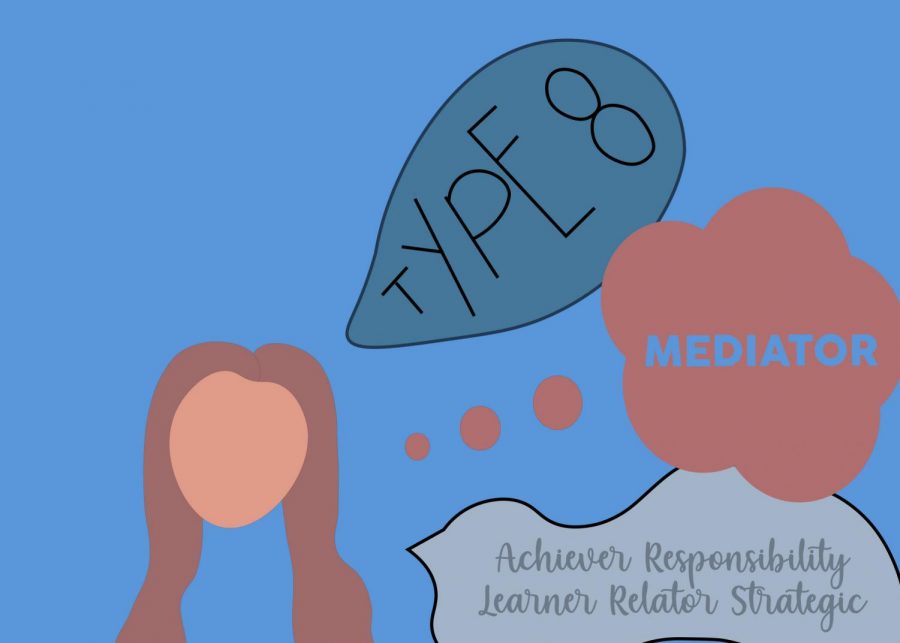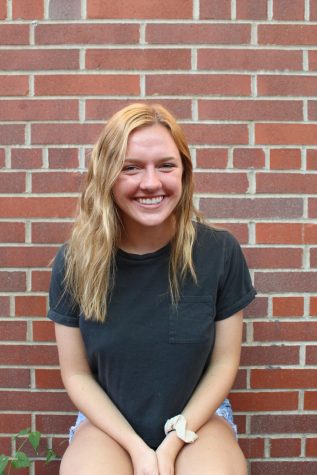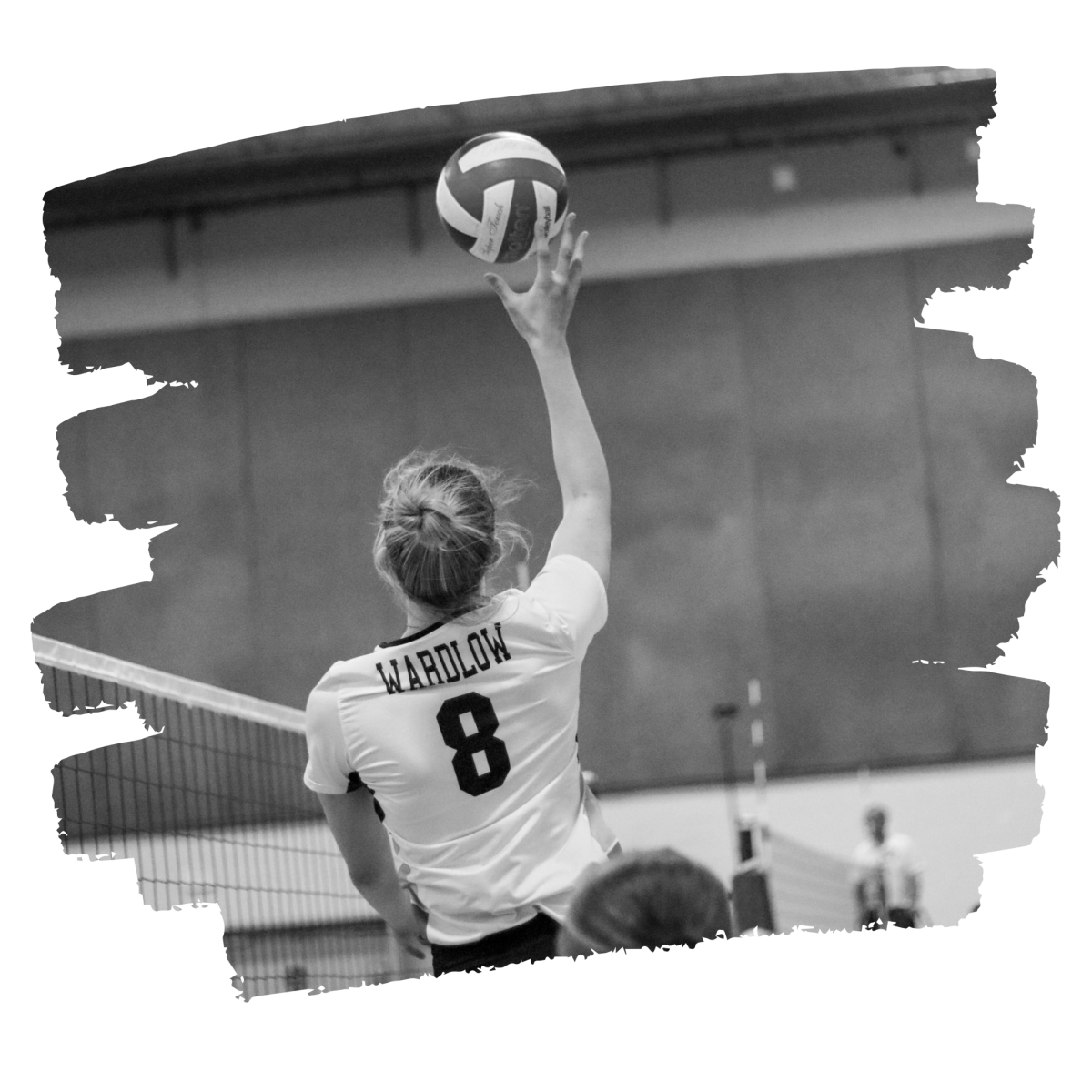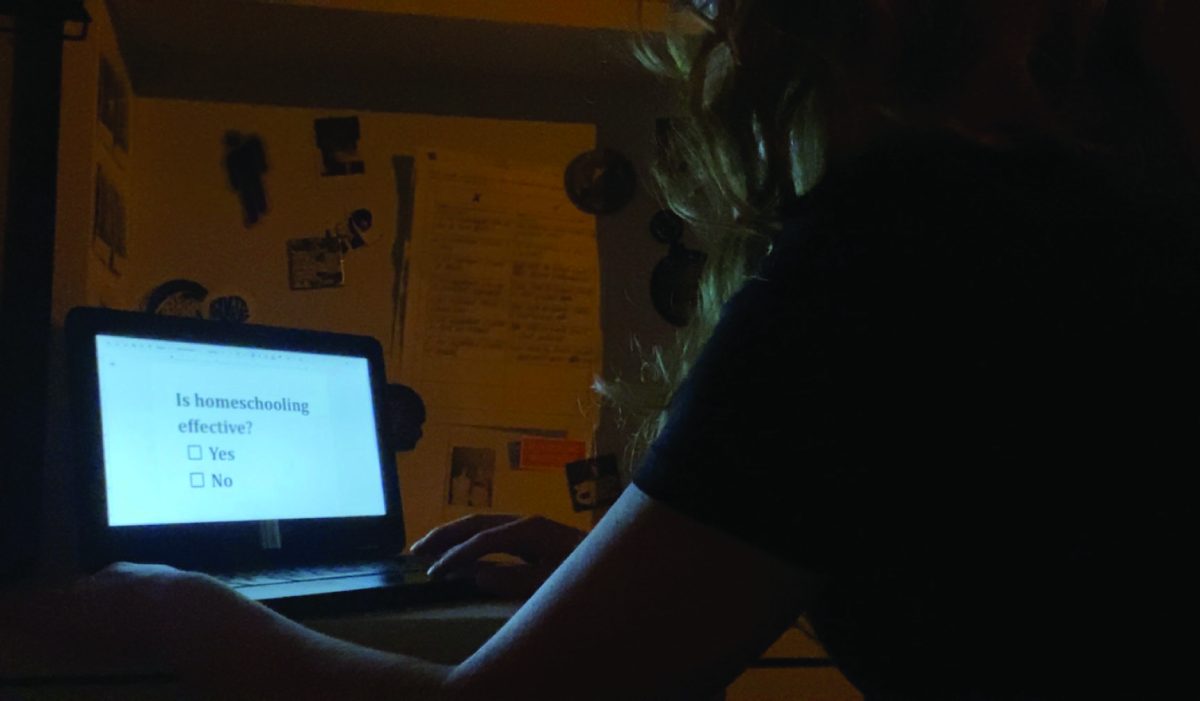Opinion: Nice to meet me — Personality tests can serve as step 1 when getting to know yourself
May 1, 2020
Words are unpredictable, volatile and always evolving. For example, “Corona” was always just a well-known brand of beer, “pandemic” was moreso a genre of horror movie than an actual threat to society and “isolated” was how you felt if you didn’t have plans on a Friday night. However, these three words have now proven to be nearly inseparable when describing the world’s current situation. The coronavirus (COVID-19) pandemic has left many with an “indefinite” amount of freetime and a new sense of the word “alone.” Yet, as alone as one may feel, it’s important to understand and acknowledge that no one is ever really alone. For lack of a better phrase — You will always have you.
As some may be feeling during quarantine, or, this endless 24-hour cycle of struggling to fill time and wondering what day it is, it can be difficult to get along with yourself. Maybe you wish that you would be more productive, but keep finding yourself binging and obsessing over Netflix shows. Or maybe you wish you could just sit down and take a break, but you feel like you need to use every second of the day to accomplish something because that is what you are used to doing. However, much of it is out of your control — Different people are prone to behaving in different ways, and the best thing you can do is try to understand and harness your personality.
For years, people have been trying to make up tests and categorize themselves into a certain “type” or a specific “group.” Although there are also people who have voiced that they believe this is an empty and pointless way of filling self-doubt. However, getting to know yourself isn’t just about finding refuge in a single descriptive word, such as “athlete,” but truly diving deeper into what it means to be you at your best and at your worst.
Cora Scott (11) has had some experience with figuring out who she really is after she was selected for a summer internship through CliftonStrengths at the University of Nebraska-Lincoln’s College of Business in June of 2018.
CliftonStrengths Assessment is a 177-question assessment that measures your talents and presents you with your “Top 5” out of the 34 CliftonStrengths themes. The odds that two people share the same “Top 5” in the same order are one in 33 million, demonstrating that everyone truly is talented in their own way. As an example of what themes look like, the five themes that are most common to end up in someone’s Top 5 are: Achiever, Responsibility, Learner, Relator and Strategic.
“The first weeks we started by learning about our own personal CliftonStrengths and how those strengths helped us in a business setting,” Scott said.
The students selected for this internship used what they learned about their strengths to choose a committee to join for the month. Each group made T-shirts to influence change in problems that they saw in the Lincoln community, and then sold them to fund an event that they worked to put on at the end of the month for everyone involved.
“When I first realized my strengths, I didn’t understand what they meant, but the more I learned the more they made sense,” Scott said. “My top strength was arranger. Once I realized that I liked putting things together and arranging them in an efficient way, I joined the event planning committee so I could use my talent to arrange the event and most effectively help out the team.”
What can sometimes be the most frustrating or difficult thing about learning personal strengths is wishing for something you don’t have. Reilly Pogue is a senior at UNL who was recently hired as a marketing agent for Gallup, and captures this problem perfectly.
“Sometimes it can be hard to not compare yourselves to others. ‘Why am I not as smart as them?’ ‘Why are they so good at public speaking and I’m not?’ Something good that comes from getting to know yourself is seeing that you are special and unique,” Pogue said. “Knowing yourself better and capitalizing on what you’re good at takes out the issue of comparison.”
Another thing that comes hand-in-hand with learning your own strengths is realizing the strengths of those around you.
“I began to see everyone as someone who brought something unique to the table and as an important part of the team in their own way,” Scott said.
Some see learning your strengths and growing yourself as a selfish pastime, but it has a way of drawing people together — especially when it comes to weaknesses.
Weaknesses are a sore subject for many. It’s in our nature; humans hate to talk about what they aren’t good at and do everything they can to avoid confronting it. However, it should be noted that as much as you wish you could improve your personality “weaknesses,” it isn’t worth the effort. Instead, you should focus on furthering your strengths. Don Clifton, the founder of CliftonStrengths, even said, “Your weaknesses will never develop, while your strengths will develop infinitely.”
Luckily, that is why we have people around us to fill in where we can’t.
“You should not look at your weaknesses as weaknesses — just as an area someone else can compliment you in,” Scott said.
Although the CliftonStrengths Assessment is one of the most prominent tools for getting to know yourself, it is certainly not the only way to go, especially while in quarantine with excessive amounts of extra time.
“You can spend a lot of this extra time self-reflecting. You can talk to the people close to you. Take free online tests such as the Enneagram or the [Myers-Briggs Type Indicator] personality tests to get an idea of what to look for. Try looking for strengths in other people and it may be easier to find them in yourself,” Scott said.
In addition, even the simple act of being self-aware and observing your own regular tendencies can lead to being more comfortable and familiar with yourself.
“You should start with an open mind, and try not to have any pre-existing ideas in your head that can cloud what you find out,” Scott said.
If you find out things about yourself and you feel confused, don’t immediately throw the information out the window. Ask the people around you what they think or dig deeper into it and research what it really means.
In an article from Habits for Wellbeing titled, “The Importance of Knowing Yourself,” the contributing writer reminds readers that although personality tests and strengths can assist you greatly on your journey to know yourself, relying completely on them can takeaway from the whole point: self-improvement and self-love. After all, having an “aha” moment for what you’re good at isn’t the ultimate goal, it’s what you do next.
“Think about your strengths often and what motivates you and energizes you. Join organizations and participate in events where you can apply your strengths and develop them,” Pogue said. “One benefit that I’ve seen in the power of knowing your strengths is the confidence you gain in yourself. Once you have confidence, your possibilities are endless and there’s way more room for opportunities.”
Getting to know yourself may be one of the only things you haven’t tried during quarantine, but that can easily be changed by taking one personality test. According to the HuffPost in an article titled, “5 Best Personality Tests For Personal and Professional Growth” written by Tamara Ghandour, you should begin with the Enneagram, Innovation Quotient Edge, 16Personalities, CliftonStrengths Assessment and How to Fascinate. Although it can be daunting, it may turn out to be one of the most valuable ways you could have spent your time.










